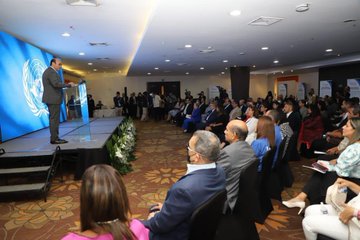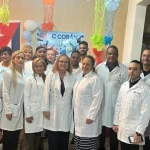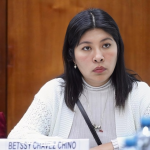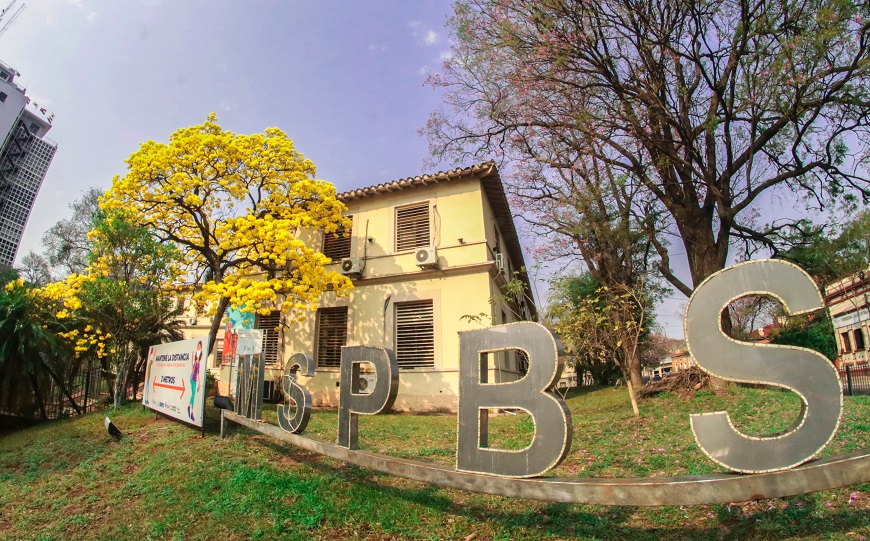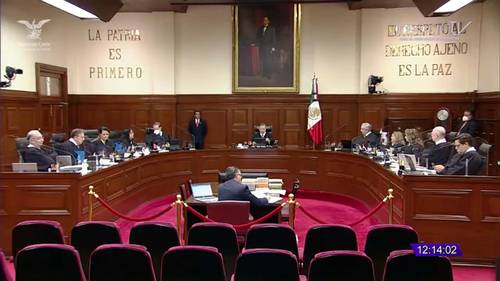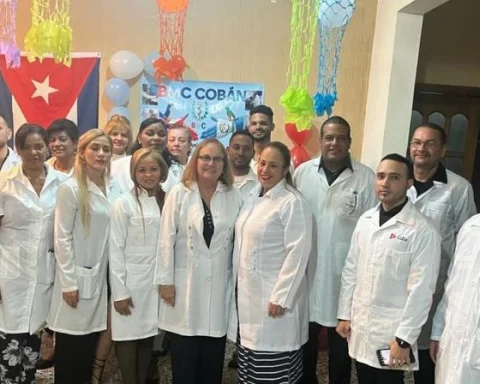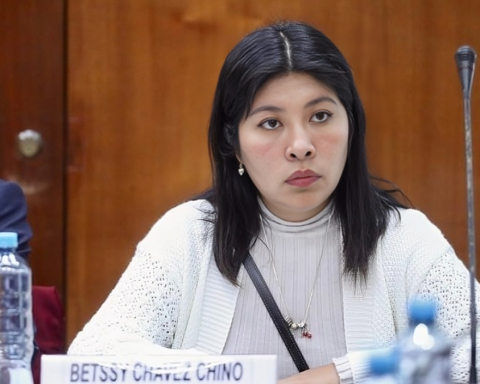The Panamanian State is in arrears in the recognition of economic, social and cultural rights, assured the Ombudsman Eduardo Leblanc González in his report on the “Current Situation of Human Rights in Panama”.
Leblanc highlighted the participation of the human rights officers of the Ombudsman’s Office and the role of mediator of the entity during the protests registered between May and August 2022, in which citizens exercised their right to protest in their legitimate claims before the high cost of the basic basket, medicines and fuel prices.
Regarding Education, the ombusman recommended to the Ministry of Education (MEDUCA) to improve infrastructure, apply the orientation guide on sexuality and affectivity to achieve equal and inclusive education; In terms of health, he called on the Social Security Fund (CSS) to improve the quality of care for the insured, expedite procedures, improve appointment systems and supply medicines to pharmacies nationwide.
Regarding the Metro Bus System, he reiterated the call to improve the quality of the service and the Transit and Land Transportation Authority recommended paying more attention to the concessionaires to respect the rights of users regarding rates, frequencies and status of the fleets.
In response to the right to a healthy environment, he stressed the concern about the mismanagement of waste and contamination by agrochemicals, mainly in water sources, putting the health of citizens at risk.
On the subject of women’s rights, he called on the institutions, non-governmental organizations and civil society that make up the Panamanian Observatory against Gender Violence to reactivate actions to reduce the gap between public policies and the reality that this group lives in a vulnerable situation.
The staff of the Ombudsman at the national level will continue to work for the rights of all people to avoid the violation of the right to personal integrity, especially those who are in custody of the State, people with disabilities, HIV, the LGBTIQ+ community , girls, boys and adolescents (NNA); and migrants.
